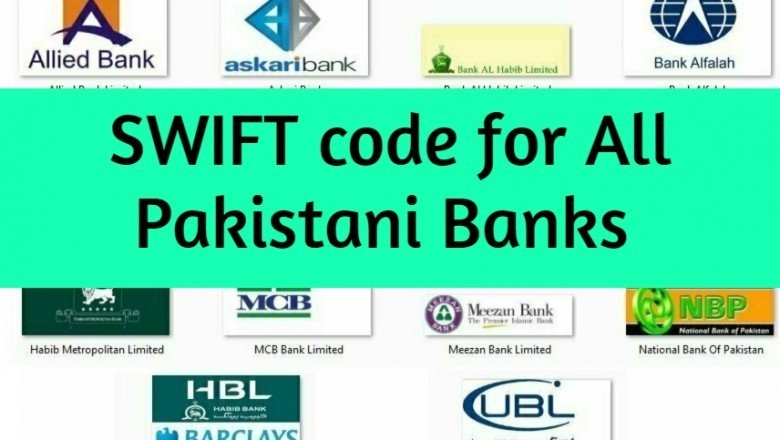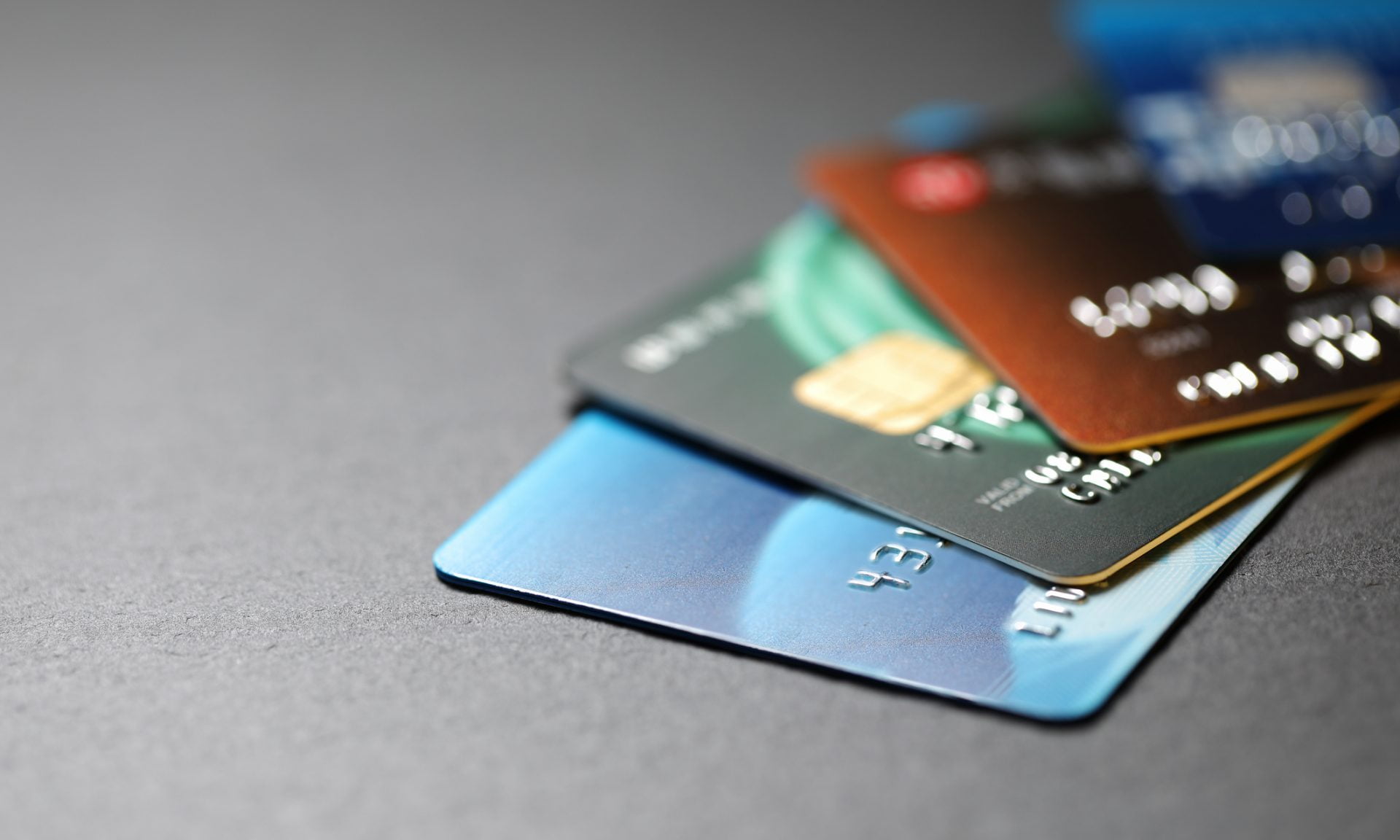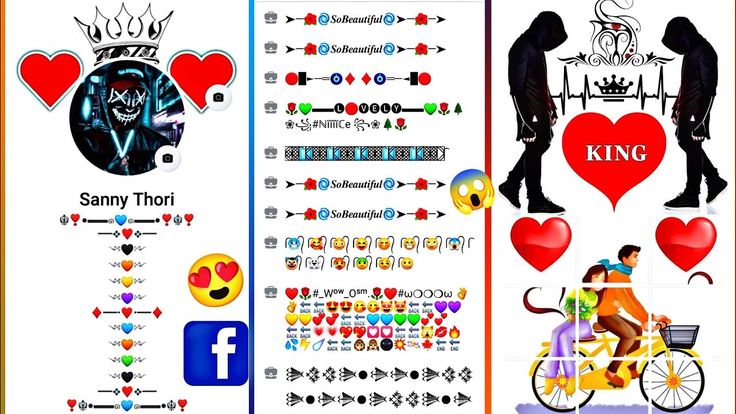In today’s interconnected world, international financial transactions have become commonplace. Whether you’re sending money to family abroad, receiving payments from international clients, or investing in foreign markets, a seamless and secure system is essential. This is where SWIFT codes come into play, acting as the backbone of cross-border payments.
This article delves into the world of SWIFT codes, focusing specifically on Pakistani banks. We’ll explore what SWIFT codes are, how they work, their importance in the Pakistani financial landscape, and provide a comprehensive list of SWIFT codes for major Pakistani banks.
Table of Contents
What is a SWIFT Code?
A SWIFT code, also known as a Bank Identifier Code (BIC), is a unique identification code used to identify a specific bank or financial institution involved in international money transfers. It acts like an international bank address, ensuring that funds reach the correct destination. SWIFT stands for the Society for Worldwide Interbank Financial Telecommunication, a global network that facilitates secure and standardized communication between banks.
For example, the SWIFT code for Allied Bank Limited in Pakistan is ABPAPKKA.
- ABPA: Bank code for Allied Bank Limited
- PK: Country code for Pakistan
- KA: Location code
How SWIFT Codes Work
When you initiate an international money transfer, you’ll need to provide the recipient’s bank’s SWIFT code. This code, along with other details like the account number and recipient’s name, is used to route the payment through the SWIFT network. The sender’s bank sends a SWIFT message to the recipient’s bank, containing all the necessary information for the transfer. The recipient’s bank then processes the payment and credits the funds to the designated account.
List of SWIFT Codes for Major Pakistani Banks
Here is a list of SWIFT codes for some of the major banks in Pakistan:
| Bank Name | SWIFT Code |
|---|---|
| Allied Bank Limited | ABPAPKKA |
| Askari Bank Limited | ASCMPKKA |
| Bank Alfalah Limited | ALFHPKKA |
| Bank Al Habib Limited | BAHLPKKA |
| Bank Islami Pakistan Limited | BIPL PKKA |
| Faysal Bank Limited | FAYSPKKA |
| Habib Bank Limited | HABBPKKA |
| Habib Metropolitan Bank Limited | MPBLPKKA |
| JS Bank Limited | JSBLPKKA |
| Meezan Bank Limited | MEZNPKKA |
| MCB Bank Limited | MUCBPKKA |
| National Bank of Pakistan | NBPAPKK |
| Samba Bank Limited | SAMBPKKA |
| Sindh Bank Limited | SNDBPKKA |
| Soneri Bank Limited | SONBPKKA |
| Standard Chartered Bank (Pakistan) Limited | SCBLPKKX |
| Summit Bank Limited | SMBLPKKA |
| United Bank Limited | UNILPKKA |
Tips for Using SWIFT Codes
- Accuracy: Always double-check the SWIFT code before initiating a transfer. An incorrect code can lead to delays or even the loss of funds.
- Verification: If you’re unsure about a SWIFT code, contact the recipient’s bank to verify its accuracy.
- Security: Be cautious when sharing your bank’s SWIFT code. While the code itself is not sensitive information, it’s best to avoid sharing it unnecessarily.
- Updates: SWIFT codes can change occasionally. It’s advisable to confirm the latest code with the bank before making a transfer.
SWIFT and Sanctions
It’s important to note that SWIFT can be used to enforce international sanctions. In certain cases, banks in sanctioned countries or individuals subject to sanctions may be blocked from using the SWIFT network. This highlights the role of SWIFT in global financial security and compliance.
Future of SWIFT Codes in Pakistan
As Pakistan continues to integrate into the global economy, SWIFT codes will remain crucial for facilitating international transactions. However, new technologies and payment systems are emerging, potentially offering alternative solutions for cross-border payments. Nevertheless, SWIFT’s established network and security standards ensure its continued relevance in the foreseeable future.
Finding SWIFT Codes for Pakistani Banks
In an increasingly globalized world, the need to send or receive money across borders has become commonplace. Whether it’s for business transactions, personal remittances, or online shopping, ensuring these transfers are smooth and secure is paramount. This is where SWIFT codes come into play, acting as the navigational tool in the intricate world of international finance.
For those dealing with Pakistani banks, understanding and obtaining the correct SWIFT code is crucial. This comprehensive guide delves deep into the world of SWIFT codes, focusing specifically on Pakistani banks. We’ll explore what they are, why they are essential, and most importantly, provide a detailed roadmap on how to find them, ensuring your international transactions are hassle-free.
What Exactly is a SWIFT Code?
A SWIFT code, also known as a Bank Identifier Code (BIC), is a unique alphanumeric identifier assigned to every bank participating in the global SWIFT network. Think of it as an international address for your bank. This code allows banks worldwide to identify each other, ensuring that your money reaches the correct destination securely and efficiently.
SWIFT, which stands for the Society for Worldwide Interbank Financial Telecommunication, is a messaging network that connects banks for cross-border transfers, foreign exchange transactions, and other financial services. Without a SWIFT code, navigating the maze of international banking would be nearly impossible.
Why are SWIFT Codes Crucial in Pakistan?
Pakistan, with its burgeoning economy and increasing global interactions, relies heavily on SWIFT codes for various financial activities:
- Remittances: Millions of overseas Pakistanis send money back home to support their families. SWIFT codes are indispensable for these remittances, ensuring they reach the beneficiaries quickly and securely.
- Foreign Direct Investment (FDI): As Pakistan attracts foreign investments, SWIFT codes facilitate these transactions, enabling investors to transfer funds seamlessly.
- International Trade: Pakistani businesses engaged in import and export activities rely on SWIFT codes for smooth cross-border payments to suppliers and clients.
- E-commerce: With the rise of online shopping and digital transactions, SWIFT codes are essential for secure international payments for goods and services.
Unraveling the SWIFT Code Structure
A SWIFT code comprises 8 or 11 characters, each segment providing specific information:
- AAAA: The first four letters represent the bank code.
- BB: The next two letters indicate the country code (PK for Pakistan).
- CC: These two characters represent the location code.
- DDD: The final three characters, which are optional, specify the branch code.
For instance, the SWIFT code for Habib Bank Limited is HABBPKKA.
- HABBPK: Represents Habib Bank Limited in Pakistan.
- KA: Indicates the location code.
Your Quest for the SWIFT Code: A Step-by-Step Guide
Now, let’s explore the various avenues for finding the SWIFT code of a Pakistani bank:
1. Your Bank Statement:
The most readily available source is often your bank statement. Look for the SWIFT code printed alongside other bank details like your account number, branch address, and IBAN.
2. Bank’s Official Website:
Most Pakistani banks prominently display their SWIFT code on their official website. Navigate to the “About Us,” “Contact Us,” or “International Banking” sections to find it. Some banks even have dedicated pages with SWIFT code information for different branches.
3. Online SWIFT Code Directories:
Several reputable websites offer comprehensive SWIFT code databases. These directories allow you to search for a specific bank by name, country, or even city. Some popular options include:
- Wise (formerly TransferWise): Known for its transparent and cost-effective international money transfers, Wise provides a reliable SWIFT code directory.
- SWIFT.com: The official website of SWIFT offers a BIC directory where you can search for codes worldwide.
- Bank’s official website: Many banks list their SWIFT codes on their websites.
4. Contacting Your Bank:
If online searches prove futile, don’t hesitate to contact your bank directly. You can:
- Call customer service: Most banks have dedicated helplines for inquiries, including SWIFT code requests.
- Visit a branch: Speak to a bank representative in person for assistance.
- Use online chat support: Many banks offer online chat services on their websites for quick inquiries.
Important Considerations:
- Accuracy is Key: Always double-check the SWIFT code before initiating a transfer. An incorrect code can lead to delays, returned payments, or even loss of funds.
- Branch Specificity: If you’re sending money to a specific branch, ensure you have the correct branch code (the optional last three characters in the SWIFT code).
- Stay Updated: SWIFT codes can change occasionally due to bank mergers, acquisitions, or internal restructuring. It’s advisable to confirm the code with the bank or through an official directory before making a transaction.
Beyond SWIFT Codes: The Future of International Transfers in Pakistan
While SWIFT codes remain the cornerstone of international banking, the financial landscape is constantly evolving. New technologies and payment systems are emerging, potentially offering alternative solutions for cross-border transactions.
- Blockchain Technology: Cryptocurrencies and blockchain-based payment platforms are gaining traction, offering faster and potentially cheaper international transfers.
- Mobile Wallets: With the increasing penetration of mobile phones, mobile wallets are becoming popular for domestic and international remittances.
However, SWIFT’s established network, security protocols, and global reach ensure its continued relevance in the foreseeable future.
Conclusion
In the realm of international finance, SWIFT codes are the keys to seamless and secure transactions. For individuals and businesses dealing with Pakistani banks, understanding and obtaining the correct SWIFT code is essential.
By utilizing the various methods outlined in this guide, you can confidently navigate the complexities of cross-border payments, ensuring your money reaches its intended destination efficiently and securely. As technology advances, it will be interesting to witness how SWIFT adapts and maintains its position as a pivotal player in the global financial ecosystem. Sources and related content



















